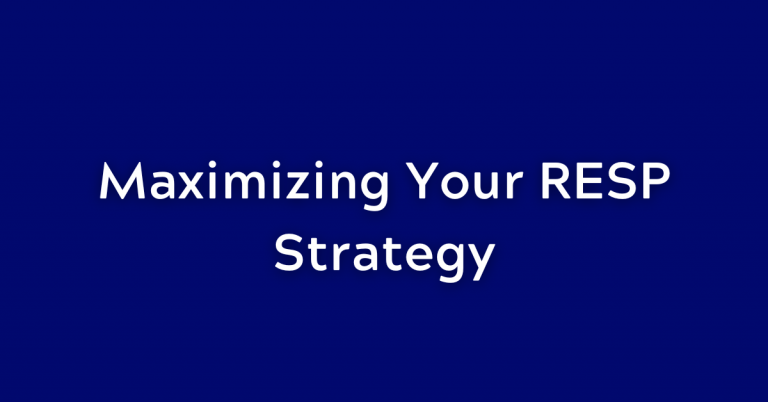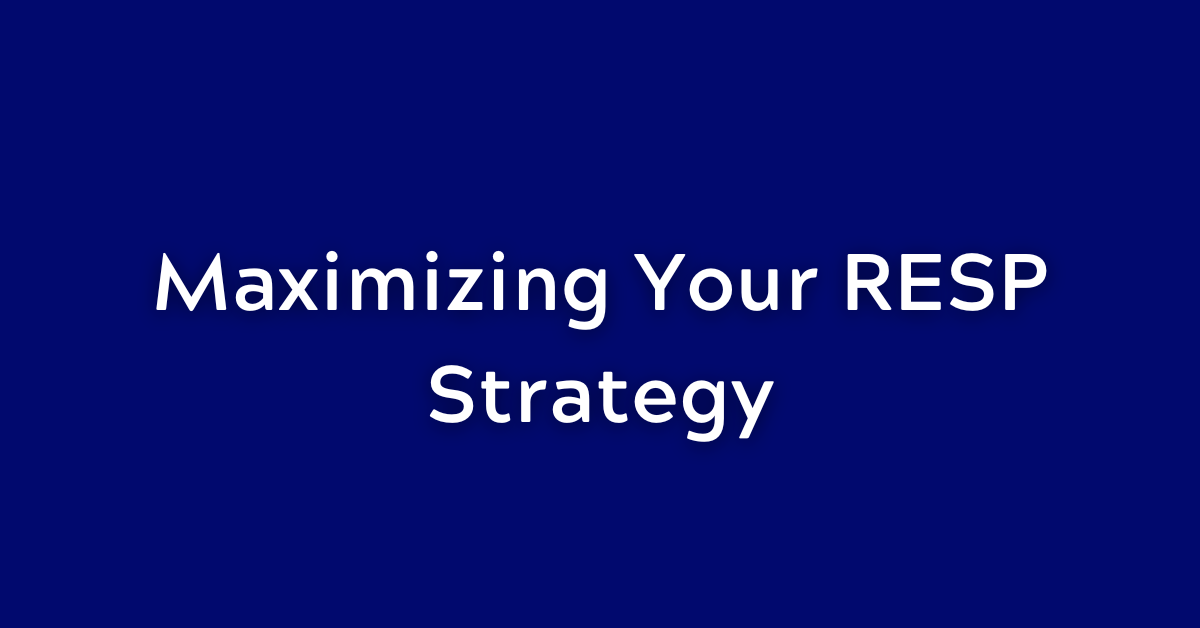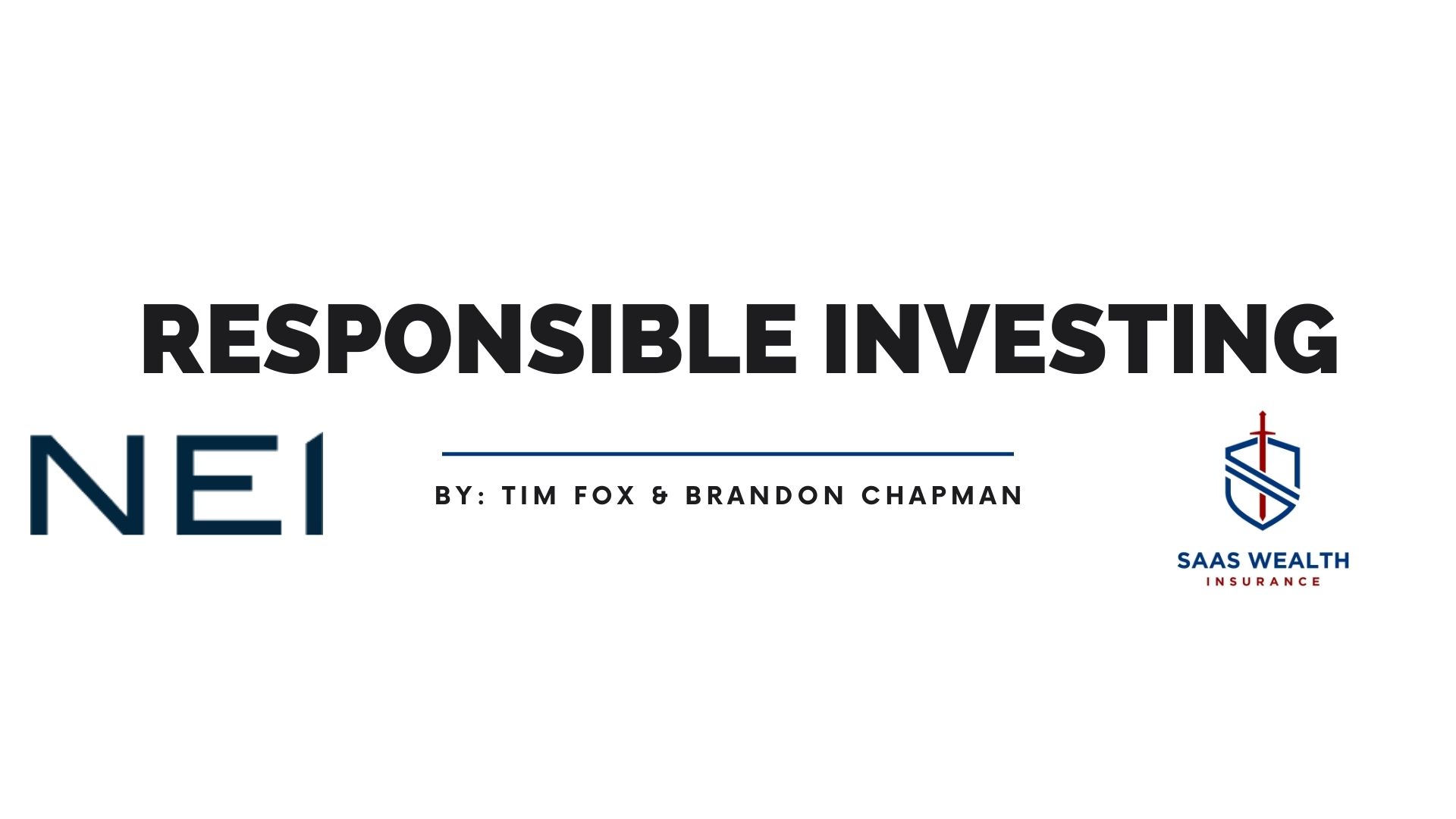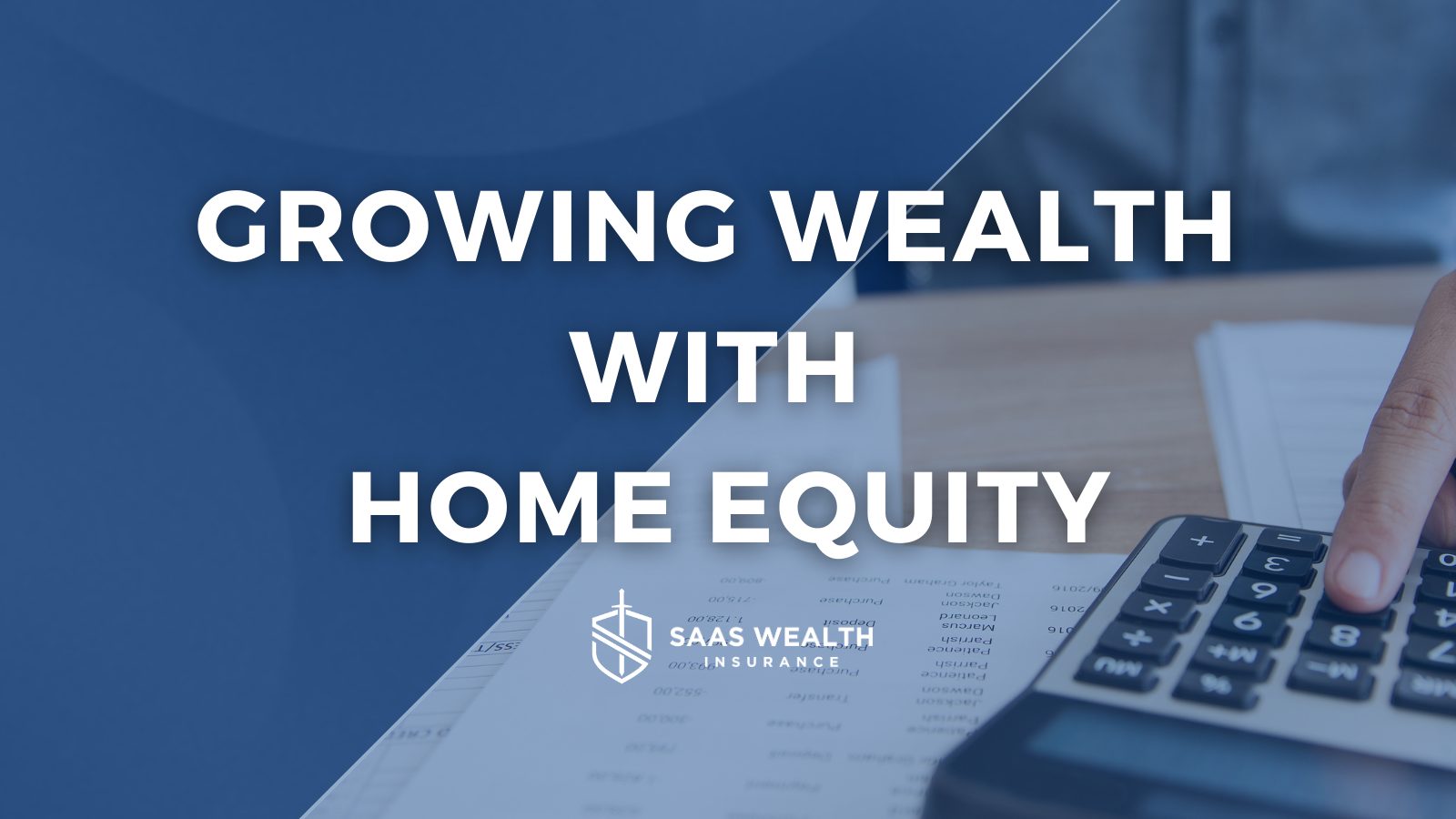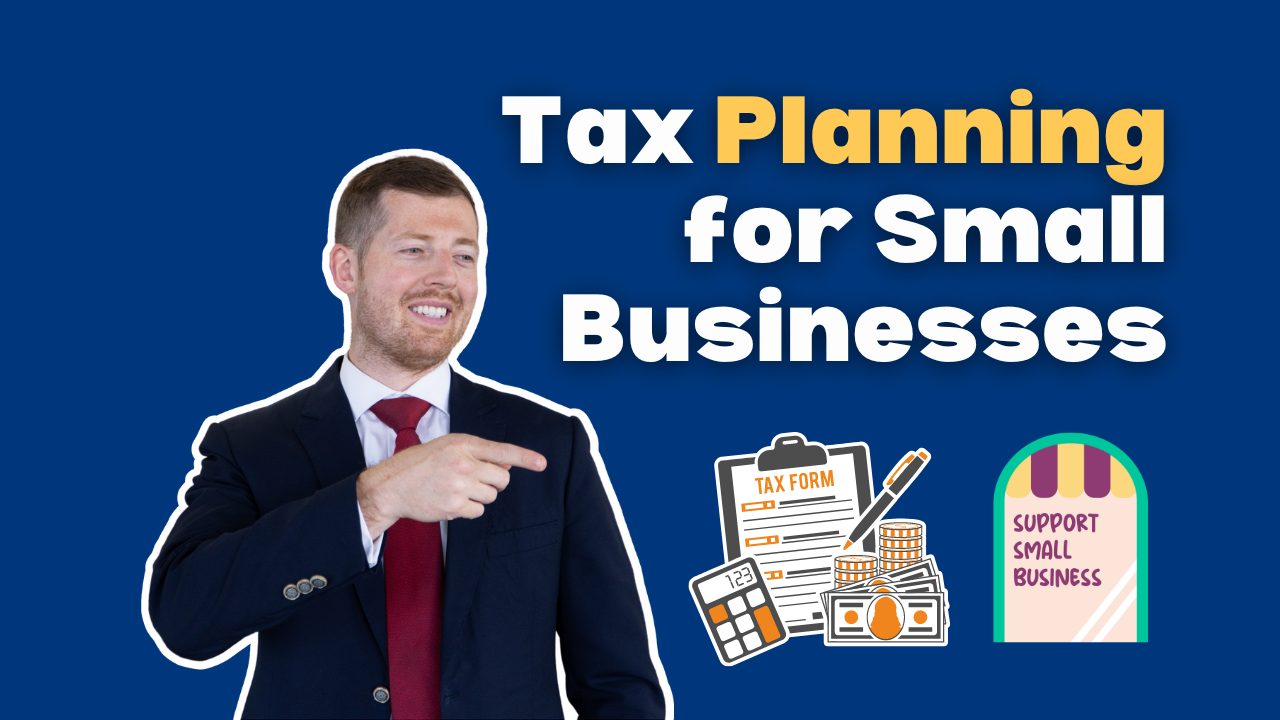The average age of a first-time homebuyer in Canada is approximately 36 years old. While that’s not too old, it’s relatively late compared to the other major milestones in life. For example, the average university graduate in Canada is 25 years old, while the average couple in Canada gets married and starts a family at 29 years old. This means that buying a home may become one of the later major steps you take in life (all thanks to the unaffordable housing prices!).
Having a clear direction in life is something you should consider before you begin looking for real estate. Unless you’re picking a rental property, you should consider where you’d like to live long-term. Whether that is an apartment in Downtown Vancouver or a nice townhome in Maple Ridge. Then, you can conduct market research on the estimated prices of apartments, townhouses or homes.
Plan Your Future!
The first step is to save up for a down payment. A “down payment” is the initial amount of your own money you put towards purchasing a home. The larger your down payment is, the easier it may be to obtain a mortgage.
When saving for a down payment, you may wonder, “How much do I need to save?”.
The minimum amount all depends on the price of the home you plan to purchase. A down payment in Canada typically amounts between 5% to 20% of the purchase price.
You can also avoid paying the Canada Mortgage and Housing Corporation (CMHC) mortgage default insurance by increasing your down payment. This hefty expense is calculated based on the mortgage and down payment amount. When the listing price is below $1 million, 5% is required. Otherwise, a 20% down payment is required. You should also be aware of the impact CMHC premiums may have on your holding costs. This requirement is designed to protect the lender and can usually be waived with a down payment of at least 20%.
You should also consider the closing costs. There are legal and administrative fees paid at the closing of a real estate transaction, which generally range from 1.5% to 4% of the selling price. Saving up for these expenses before buying a home will prevent you from being in the red when it’s time to close.
So, what can you do? You can start saving now!
You should also begin preparing your finances and check your credit score. Be sure to have a good understanding of your cash flow and budget before your search. This will help determine how much you can afford to buy and organize the necessary documents to support a mortgage application.
The Canada Mortgage and Housing Corporation (CMHC) recommends that your monthly housing costs not exceed 35% of your gross monthly income.
Your entire monthly debt load should not be more than 42% of your gross monthly income, including your mortgage payments and other debts. Organizing your financial documents will allow you to determine the amount you can afford. You can create a budget using AdvisorFlow. AdvisorFlow can help account for your down payment, the amortization (repayment) schedule, the sale price, and more. Alternatively, you can go to a mortgage lender and get pre-approved. This means that a potential mortgage lender will look at your finances and determine how much they can lend you at what interest rate. Once you’re ready to purchase a home, we recommend you speak to a broker in addition to the financial institution you typically deal with to ensure that you’re receiving a competitive offer.
It’s also important to know your credit score before putting in all this effort. A credit score is a rating (between 300 to 900) used by lenders to assess the amount of risk they face in lending you money. Generally, the lower your score, the less likely you will be approved for a loan. The purpose of checking your credit score is to determine where you fall on the scale and discover the steps necessary to improve it before submitting a mortgage application. It’s possible to improve your score if it is lower than you desire.
A final tip for you when you’re organizing your finances: establish a relationship with a trustworthy real estate and mortgage professional! This is to ensure that you complete a successful real estate transaction.
If you want to know how to pick one, connect with us down below and we will give you a helping hand.

